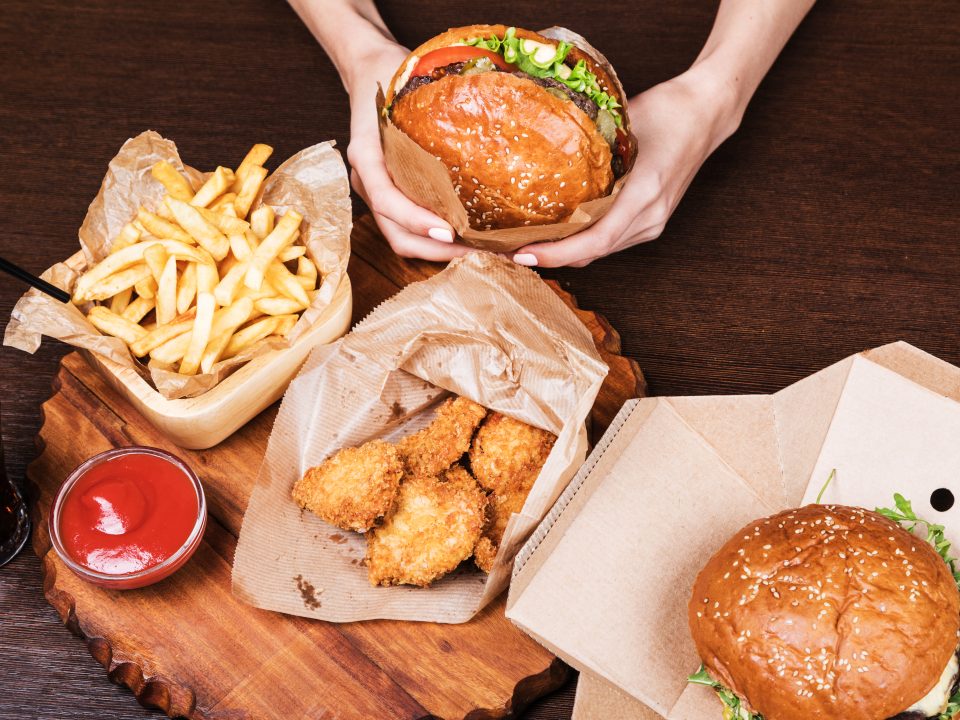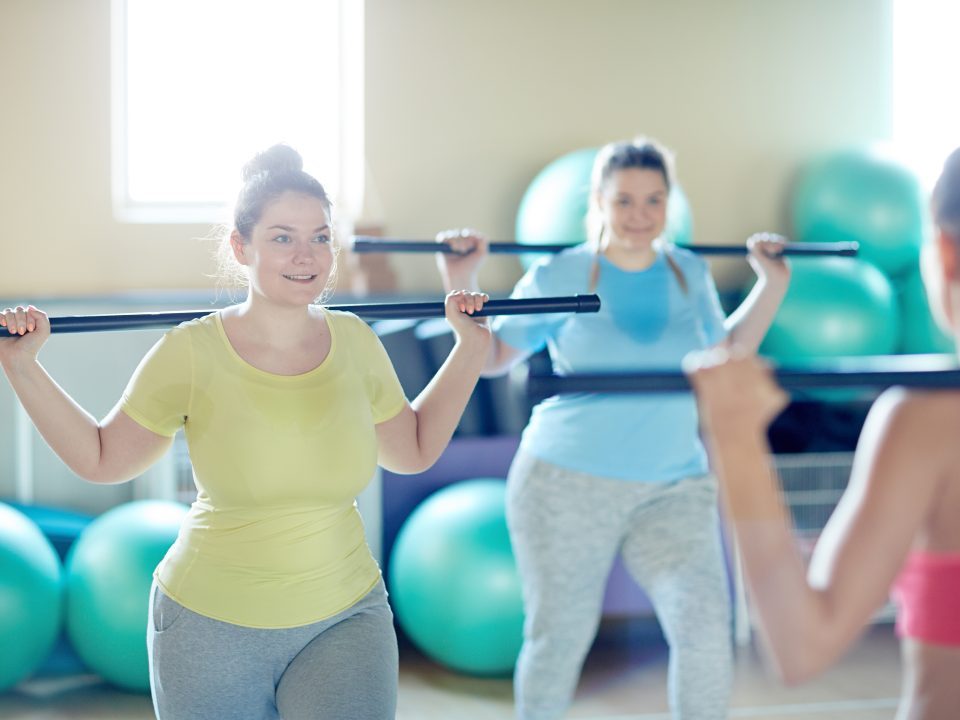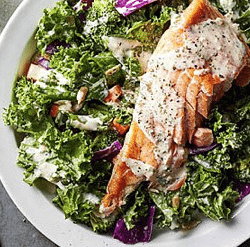Warmer weather exercises
March 10, 2016Healthy Anzac Biscuits
March 13, 2016
Summer
When it’s warmer we tend to craver lighter or cooler foods. We tend to get dehydrated much quicker in warmer weather as our skin produces sweat which cools our body temperature when it evaporates. This is particularly true if we are being physically active, it’s not uncommon to lose 1kg of fluid through sweating in just an hour. Our bodies tend to want either cold foods that will cool our core temperature, foods with a high water content, or both. Cold fruit or salads are examples of this, which are also high in fibre so keep you fuller for longer, meaning you may eat less frequently. The other factor to consider is fluid intake- if you are drinking a lot of water, there will be less room in your stomach for food before you feel full.
Winter
In winter when we are cold, we look for foods that will warm us up- stews or casseroles that are often higher in protein or carbohydrates and calories, or pies/pastries. Hot drinks like tea/coffee/hot chocolates may have sugar or milk added to make them contribute more calories than water. Changes in the amount of sunlight can trigger Seasonal Affective Disorder (SAD), with shorter days resulting in drops in serotonin, and therefore lower moods and feelings of depression. This can lead to emotional eating, and choosing those comfort foods that are usually very high sugar/fat/calorie options. You also tend to move less, getting outside less, staying inside and being less active, so you burn off less calories during the day.
Strategies
If we are more aware of what our triggers are to overeat or choose more energy dense options in winter, and can learn to utilize some of the natural instincts that occur during summer, we can keep our calorie intake more consistent throughout the year. Hot meals can include less starchy vegetables- like potato, sweet potato, corn, peas, parsnip, pumpkin- and more non-starchy vegetables- like tomato, mushrooms, spinach, onion, carrots, celery, and fresh herbs. We can choose hot drinks like fruity/herbal teas that don’t require sugar or milk to be added. Using bright fluorescent lights during your waking hours can help alleviate serotonin drops seen with SAD. Making sure you drink plenty of water, especially before meals can help reduce appetite or confusing thirst signals with hunger signals. And of course, find ways to still get your daily physical activity in- exercise is a great way to help you warm up!




